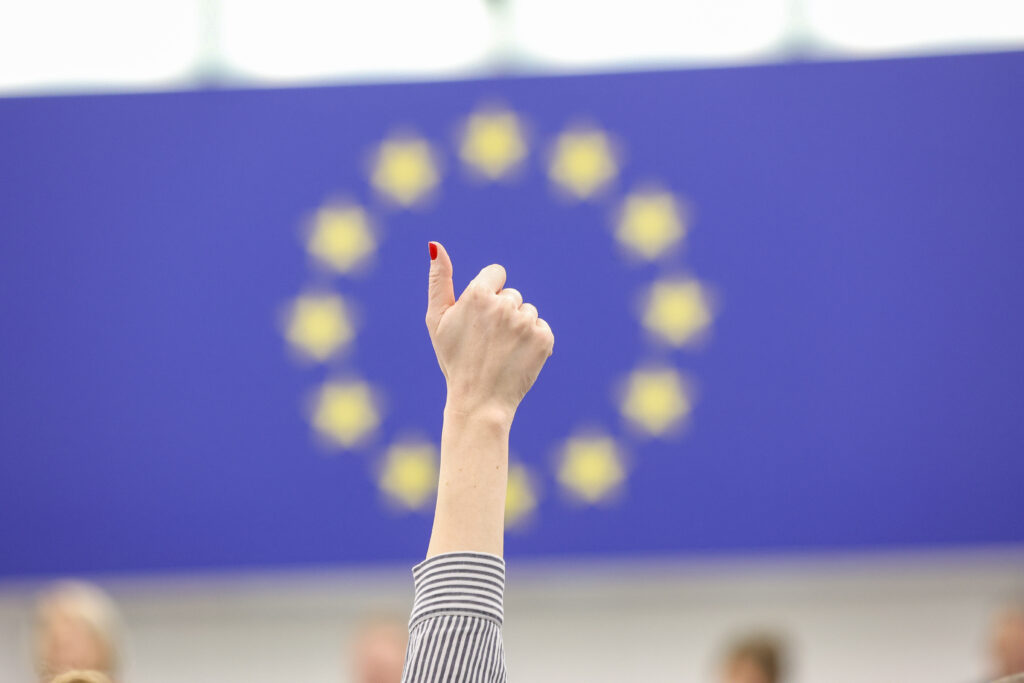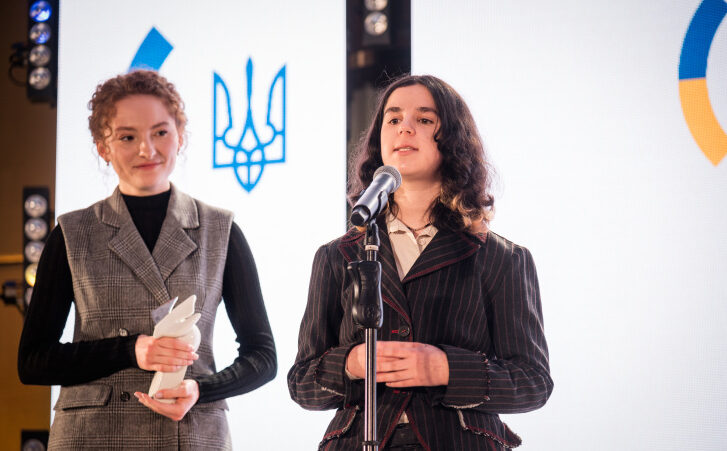
BLOG: Establishing a tribunal on the crime of aggression against Ukraine
On 19 January 2023, the European Parliament (EP) adopted the texts on the establishment of a tribunal on the crime of aggression against Ukraine. This became one of the first high-level declarations that supported the Ukrainian initiative to establish such a tribunal. Similar to the London Declaration of 1942 for the Punishment of War Crimes, the EP’s declaration is symbolic, but it sets the ground for the prosecution of war crimes conducted by the Russian Federation and employs new rhetoric regarding the Russo-Ukrainian war.
So why the special tribunal? In the declaration, the EP mentions two other bodies that in theory could prosecute Russian war crimes – the UN and the International Criminal Court (ICC) – so why can they not play a central role in the tribunal? The EP claims that the UN Security Council is paralysed over the situation in Ukraine owing to Russia’s ability to veto any substantive action. In this case, the Russian Federation blocks any action at the UN level, preventing it from being held accountable for the war of aggression against Ukraine. The ICC, however, has already opened a case on “Alleged crimes committed in the context of situation in Ukraine since 21 November 2013” in March 2022. The main issue lies in the jurisdiction of the ICC, which allows it to prosecute individuals but not states and organisations. While this would be sufficient to prosecute dictators who committed crimes against their own citizens, like Libyan head of state Muammar Gaddafi, it won’t allow condemning the actions of Russia as a state and might put all the guilt on President Putin without condemning Russian society. The Russian nation and its military forces also bear the responsibility for the crime of aggression and war crimes, and such recognition can only be made by a special tribunal. It is important to note that the EP underlines that the establishment of a special tribunal on the crime of aggression will not affect the jurisdiction of the ICC over other crimes and will instead complement it.
Objectives of the tribunal
The EP outlines three main objectives for the tribunal, which include seeking justice for the Ukrainian people, deterring other international actors from imitating Russia’s illegal aggression, and facilitating the claim for reparations and any future reconciliation. The EP also encourages the Member States to set a legal possibility of using sovereign assets of the Russian state as reparations by denying such assets the protection of sovereign immunity. All these aims can only be achieved by putting the Russian Federation on trial as a state. The EP’s resolution sends a strong signal to both Russian society and the international community that the special tribunal will more closely resemble the Nuremberg trials than the trial of Slobodan Milošević. The EP declared that the EU’s preparatory work on the special tribunal should begin without delay and stressed the importance of close cooperation with Ukrainian authorities.

New rhetoric
Since 2014, the international community has restricted the use of certain narratives regarding the situation in Ukraine. The term ‘war’ was almost never used and even after 24 February more neutral terms like ‘act of aggression’ or ‘unjustified invasion’ were employed. However, in the resolution on the tribunal, the EP recognised the events since February 2014 as Russia’s war of aggression against Ukraine. There is also a shift toward recognising that the war crimes were committed by Russian soldiers and not Putin’s regime. This marks an important change in the perception of the Russo-Ukrainian war by the West. While the Russian propaganda and the indecision of certain Western leaders promoted the use of ‘grey zone’ references to the armed conflict between Russia and Ukraine since 2014, the EP made a clear stand on the issue. The EP declared that it is no longer feasible for the Russian Federation under Putin’s leadership to return to ‘business as usual’ with the West. Without the complete withdrawal of Russian forces from Ukraine and the trial of Russian leadership as war criminals and the Russian Federation as a state that committed the supreme international crime, a just peace is not possible. And without a just peace for Ukraine, no reconciliation and reintegration of Russia under new leadership or as a collection of new countries into the international community is possible.
Conclusion
The EP resolution sets a legal ground and promotes discussion on the topic of the future legal accountability of the Russian Federation for the war of aggression against Ukraine. The EP took a clear stance on the issue and introduced a new rhetoric into foreign affairs which eliminates the ‘grey zone’ references. More and more countries also continue to declare their support for the creation of the special tribunal, and, because of such international support promoted by the EP, Ukraine can expect a just peace and the Russian leadership can be sure that they will be tried in accordance with international law.
LATEST

Building Europe: Poland’s experience of joining the European Union and lessons for Ukraine

World Health Day 2024: My Health, My Right

EUREKA MEETS EUROPE – opportunities to develop and study. My experience

Can you wear pink in the workplace?

Go where your deepest fears lie: finding the courage to overcome gender barriers in STEM
More campaign pages:
Interested in the latest news and opportunities?
This website is managed by the EU-funded Regional Communication Programme for the Eastern Neighbourhood ('EU NEIGHBOURS east’), which complements and supports the communication of the Delegations of the European Union in the Eastern partner countries, and works under the guidance of the European Commission’s Directorate-General for Neighbourhood Policy and Enlargement Negotiations, and the European External Action Service. EU NEIGHBOURS east is implemented by a GOPA PACE-led consortium. It is part of the larger Neighbourhood Communication Programme (2020-2024) for the EU's Eastern and Southern Neighbourhood, which also includes 'EU NEIGHBOURS south’ project that runs the EU Neighbours portal.

The information on this site is subject to a Disclaimer and Protection of personal data. © European Union,